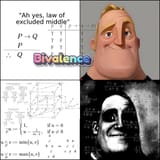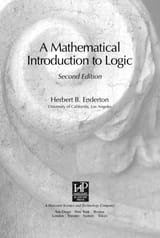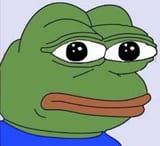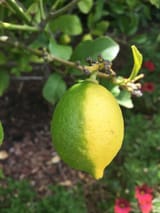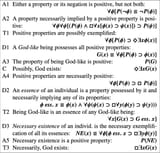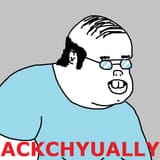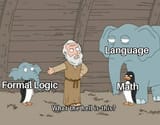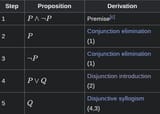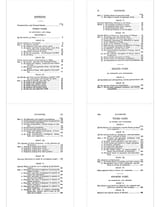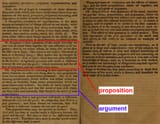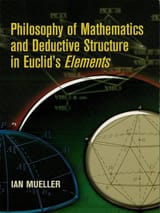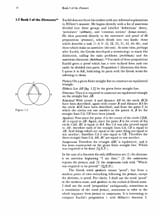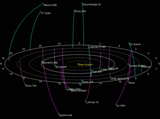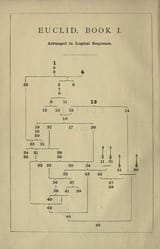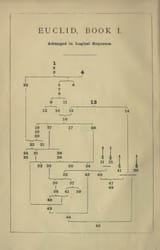>>16771785
Nope. Your counter example fails.
>>16771777 is not saying (∃xY(x)∧∃x¬Y(x))=>∃yU(y). Clearly this statement is false since the antecedent is true, "some lemons are yellow and some lemons aren't yellow", while the consequent is false since unicorns do not exist.
Rather
>>16771777 is saying (∃xY(x)∧∀x¬Y(x))=>∃yU(y), which says, "there are some lemons that are yellow and no lemons are yellow, therefore unicorns exist." Clearly, it is not the case that there are lemons which are yellow but no lemons are yellow, so you cannot find me a counter-example where this is the case and unicorns don't exist.
Therefore, since both the antecedent and the consequent are false, the statement is true. Thus we can say that if lemons are yellow and lemons aren't yellow, then unicorns exist, is always true. Thus this statement is simple and concrete fact about reality. You can't disprove it with any counter examples because there are none.
